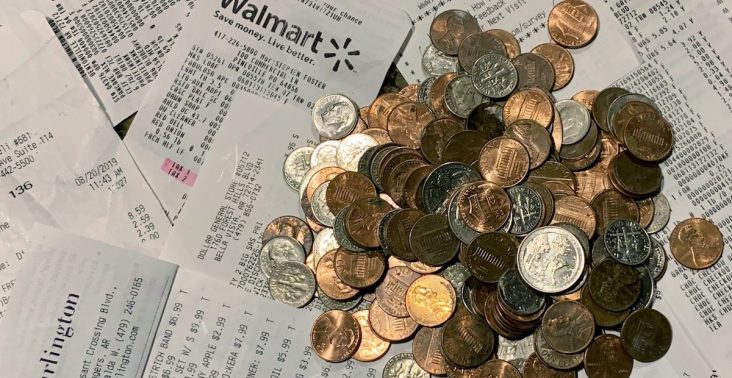Northwest Arkansas sales tax revenue posts double-digit gain in November report
by November 25, 2019 4:58 pm 849 views

The four largest cities in Northwest Arkansas reported a 14.54% gain in sales tax revenue in their November reports – the third time this year the cities have reported double-digit monthly gains compared to the prior year.
Bentonville, Fayetteville, Rogers and Springdale reported combined sales tax revenue of $6.442 million, thanks in part to strong numbers from Bentonville, Rogers and Springdale. Fayetteville reported modest gains of 3.71% compared to the same month in 2018.
Bentonville reported November revenue growth of 55% with proceeds of $1.271 million. Through 11 months this year, Bentonville’s sales tax revenue totals $14.314 million. Despite several strong months, Bentonville’s tax revenue is still trending below the record year of 2018. Year-over-year the city’s sales tax revenue is down 5.12% through November.
Each city collects local sales tax on goods and services rendered. This report reflects 1% of the local tax that contributes to the cities’ respective budgets. November revenue reflects sales from September, creating a two-month lag in the data.
Springdale reported revenue up 12.36% from the year-ago period. The city’s revenue totaled $1.426 million, the highest monthly tally this year. Through November the city’s sales tax revenue totals $14.451 million, up 5% from the same period last year. Springdale is poised to have its best year on record at an estimated $16 million.
Fayetteville reported November sales tax revenue of $1.964 million, up 3.71% from a year ago. Through November the city’s sales tax revenue totals $20.699 million, up 1.5% from the prior year. Fayetteville is the larger town but Rogers is seeing more new retail and restaurant development.
Rogers reported an 8.3% gain in its November sales tax revenue compared to the prior year. The city’s revenue totaled $1.779 million and $18.549 million for the 11 months of 2019. Revenue is up 5.52% this year over last in Rogers.
The National Retail Federation expects consumers to spend 4% more this holiday season with the average totaling about $1,100 per household for a combined $728 billion. Another survey by Deloitte indicates consumer spending will be closer to $1,496 per household this holiday season.
Consumer sentiment trended higher this month with the final reading from November by the University of Michigan reporting its index at 96.8, above the reading of 95.5 last month and the preliminary reading of 95.7 in early November. Richard Curtin, chief economist at the Survey of Consumers, said consumer sentiment has been at 95 or higher in 30 of the past 35 months. That level of optimism has not been seen since the period between January 1998 and December 2000, when the index remained at 100 or above in 34 or 36 months.
Curtin said there is ample reason for optimism as consumers’ financial balance sheets are solid and household income is rising. He said there is also pessimism among some consumers who expect risks from the ongoing trade war with China and slower economic growth. He said consumers this month also anticipated that inflation, unemployment and interest rates will remain at very favorable levels in the year ahead.
